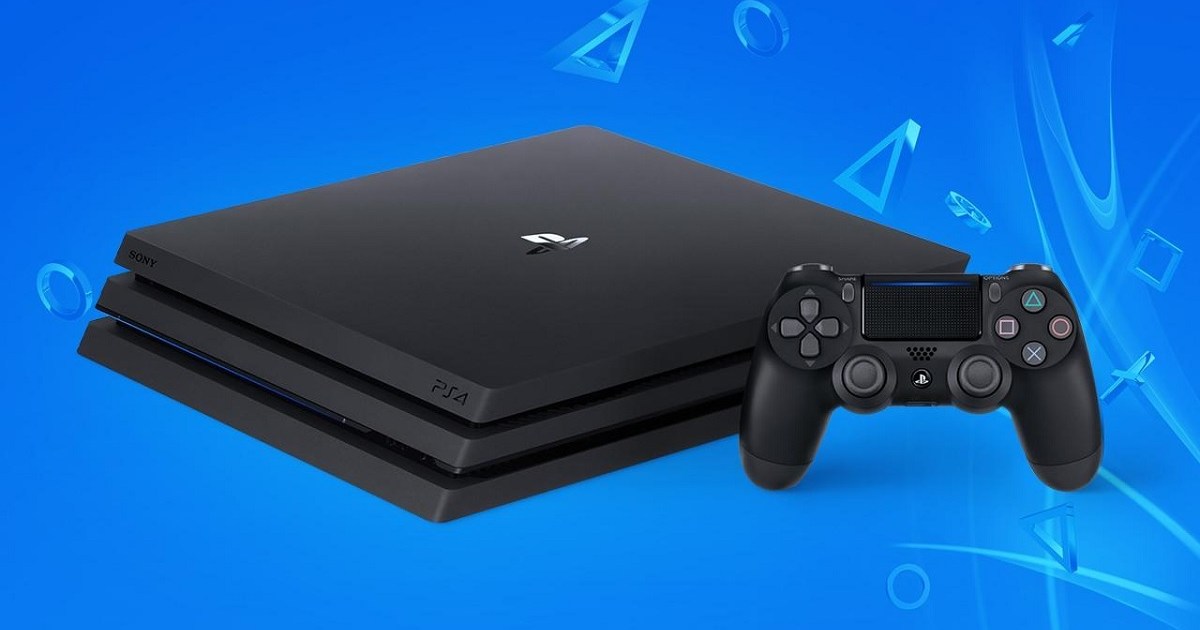Linux Kernel 6.14 Is a Big Leap Forward In Performance, Windows Compatibility
An anonymous reader quotes a report from ZDNet, written by Steven Vaughan-Nichols: Despite the minor delay, Linux 6.14 arrives packed with cutting-edge features and improvements to power upcoming Linux distributions, such as the forthcoming Ubuntu 25.04 and Fedora 42. The big news for desktop users is the improved NTSYNC driver, especially those who like to play Windows games or run Windows programs on Linux. This driver is designed to emulate Windows NT synchronization primitives. What that feature means for you and me is that it will significantly improve the performance of Windows programs running on Wine and Steam Play. [...] Gamers always want the best possible graphics performance, so they'll also be happy to see that Linux now supports recently launched AMD RDNA 4 graphics cards. This approach includes support for the AMD Radeon RX 9070 XT and RX 9070 graphics cards. Combine this support with the recently improved open-source RADV driver and AMD gamers should see the best speed yet on their gaming rigs. Of course, the release is not just for gamers. Linux 6.14 also includes several AMD and Intel processor enhancements. These boosts focus on power management, thermal control, and compute performance optimizations. These updates are expected to improve overall system efficiency and performance. This release also comes with the AMDXDNA driver, which provides official support for AMD's neural processing units based on the XDNA architecture. This integration enables efficient execution of AI workloads, such as convolutional neural networks and large language models, directly on supported AMD hardware. While Rust has faced some difficulties in recent months in Linux, more Rust programming language abstractions have been integrated into the kernel, laying the groundwork for future drivers written in Rust. [...] Besides drivers, Miguel Ojeda, Rust for Linux's lead developer, said recently that the introduction of the macro for smart pointers with Rust 1.84: derive(CoercePointee) is an "important milestone on the way to building a kernel that only uses stable Rust functions." This approach will also make integrating C and Rust code easier. We're getting much closer to Rust being grafted into Linux's tree. In addition, Linux 6.14 supports Qualcomm's latest Snapdragon 8 Elite mobile processor, enhancing performance and stability for devices powered by this chipset. That support means you can expect to see much faster Android-based smartphones later this year. This release includes a patch for the so-called GhostWrite vulnerability, which can be used to root some RISC-V processors. This fix will block such attacks. Additionally, Linux 6.14 includes improvements for the copy-on-write Btrfs file system/logical volume manager. These primarily read-balancing methods offer flexibility for different RAID hardware configurations and workloads. Additionally, support for uncached buffered I/O optimizes memory usage on systems with fast storage devices. Linux 6.14 is available for download here. Read more of this story at Slashdot.

Read more of this story at Slashdot.





















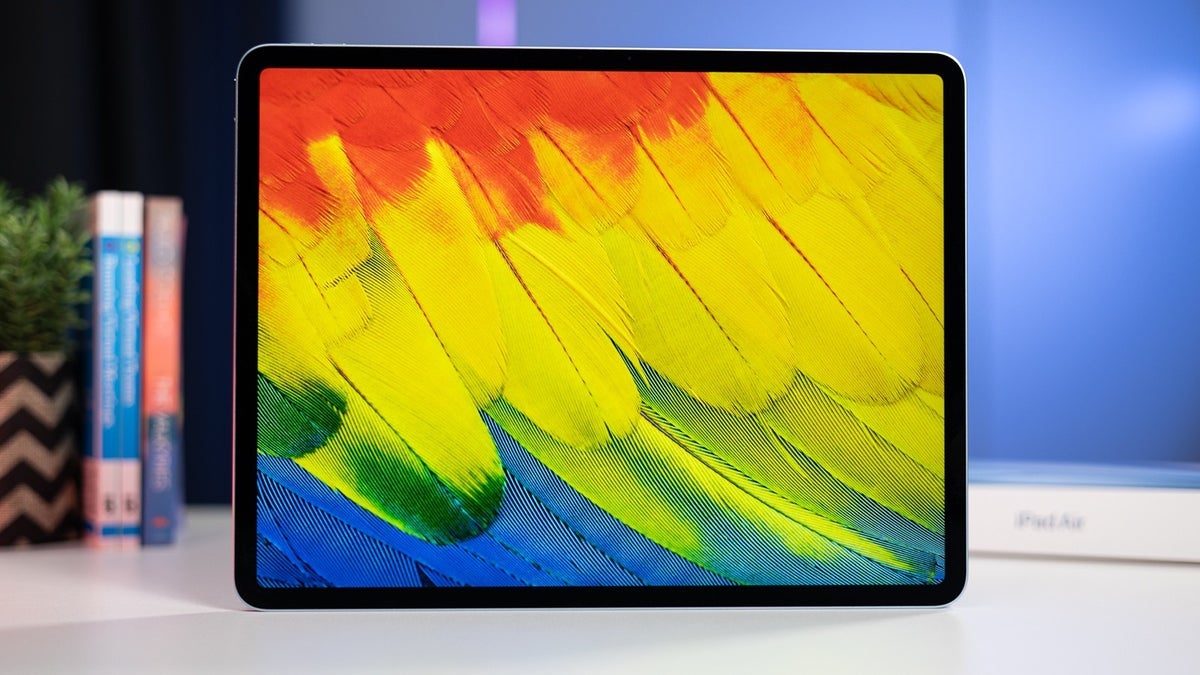
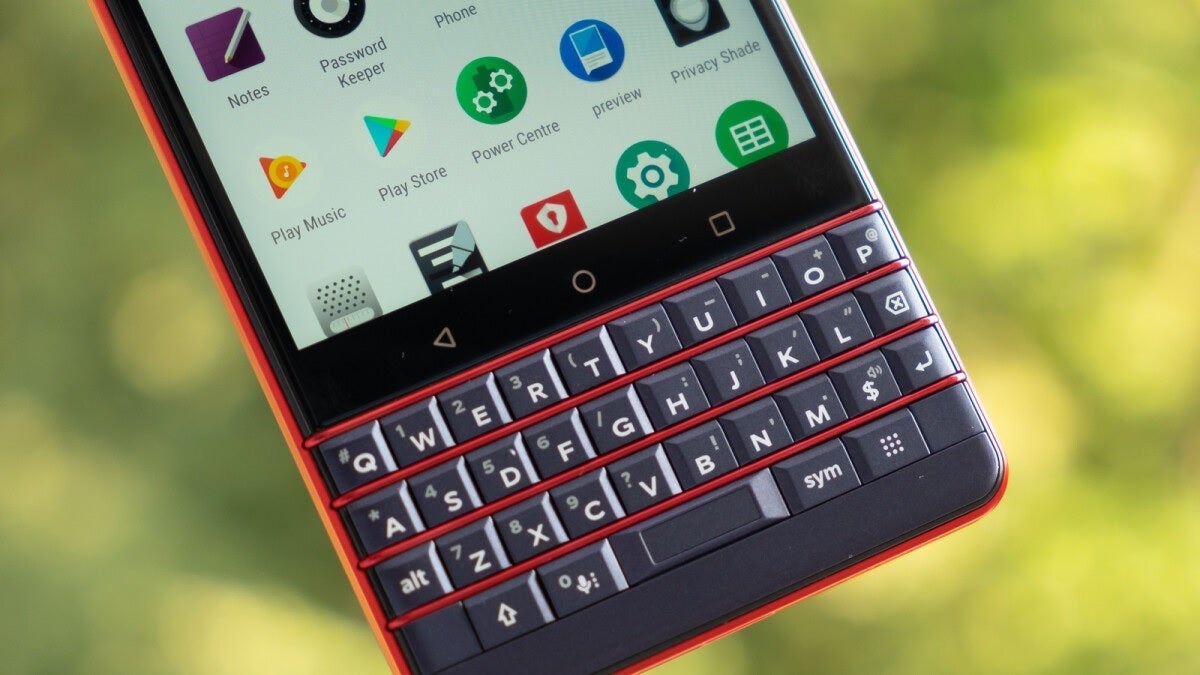






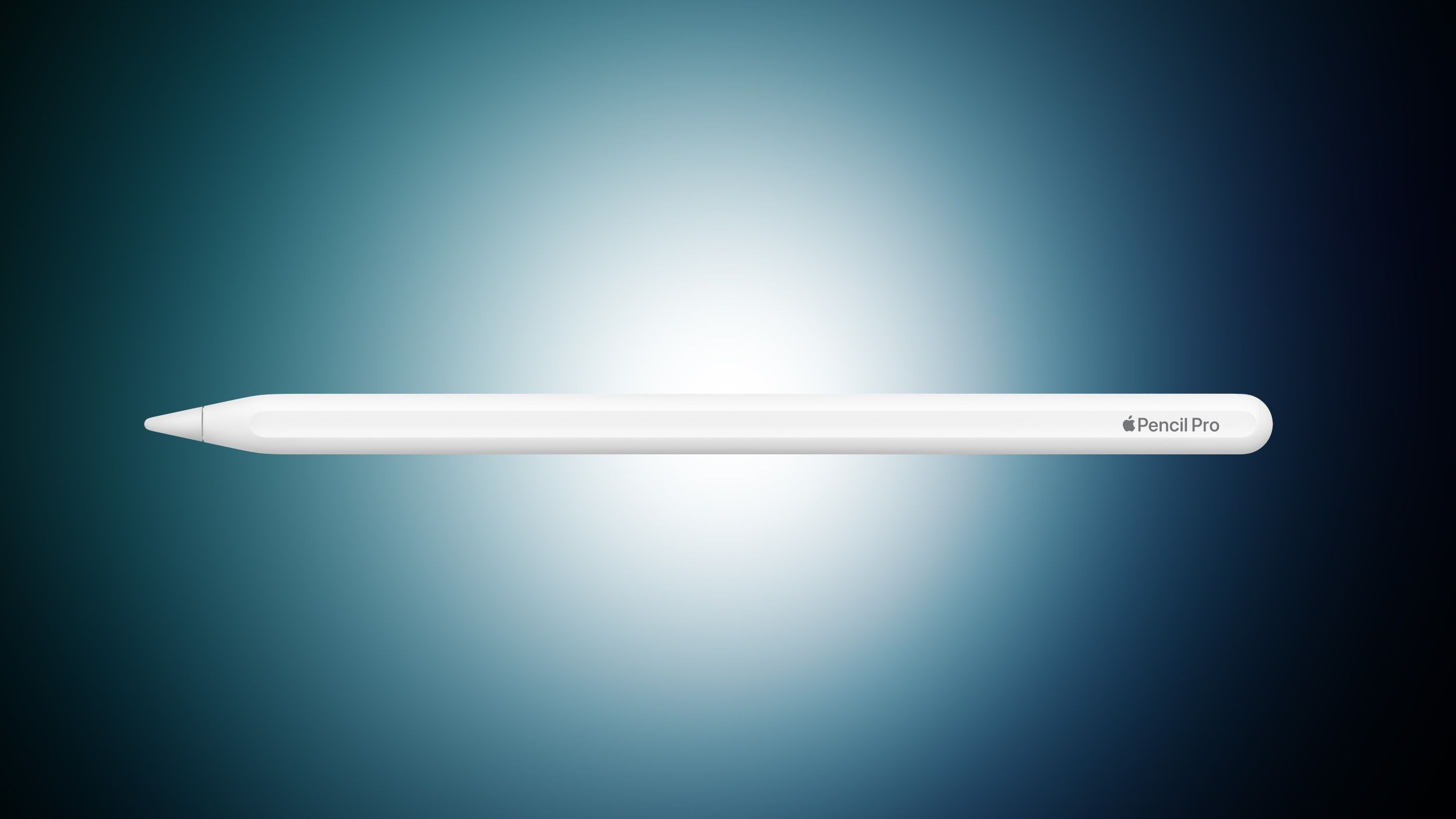























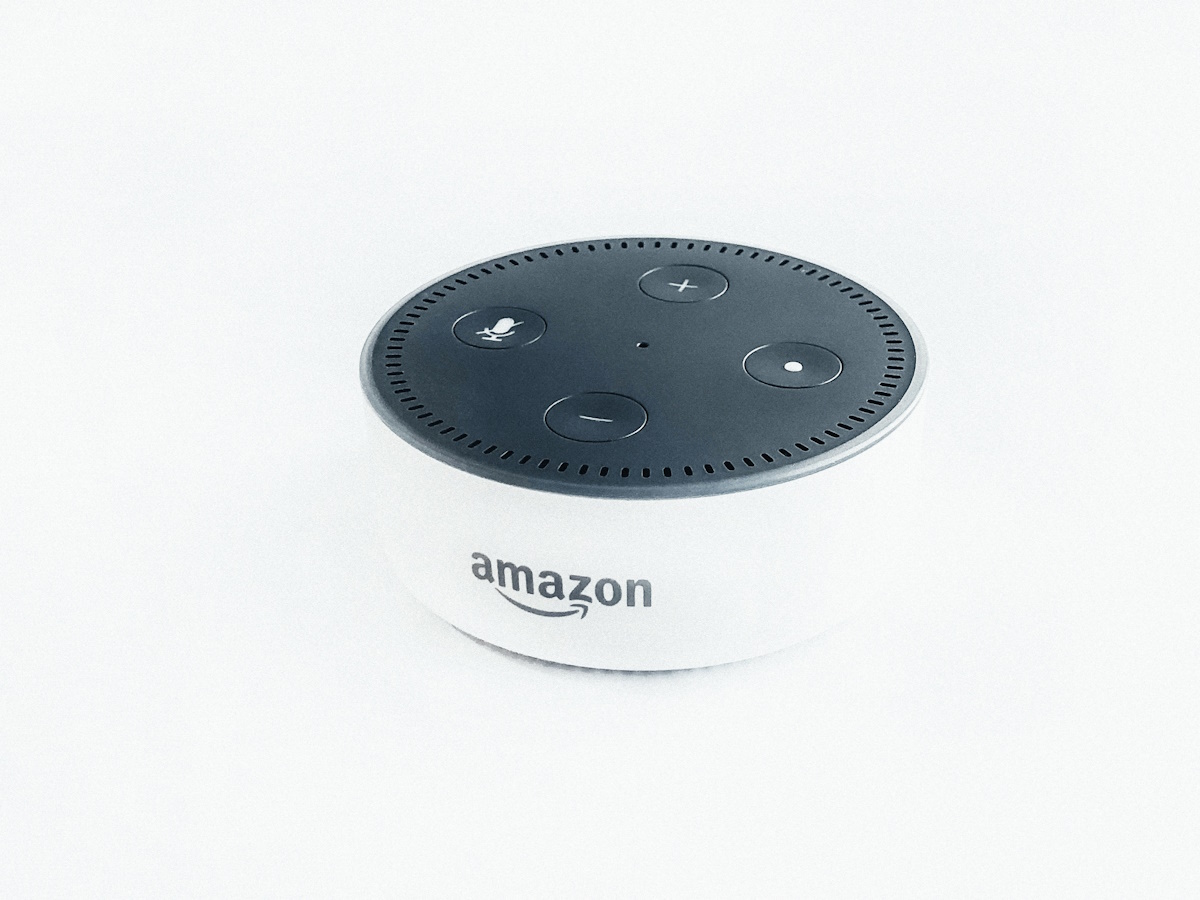

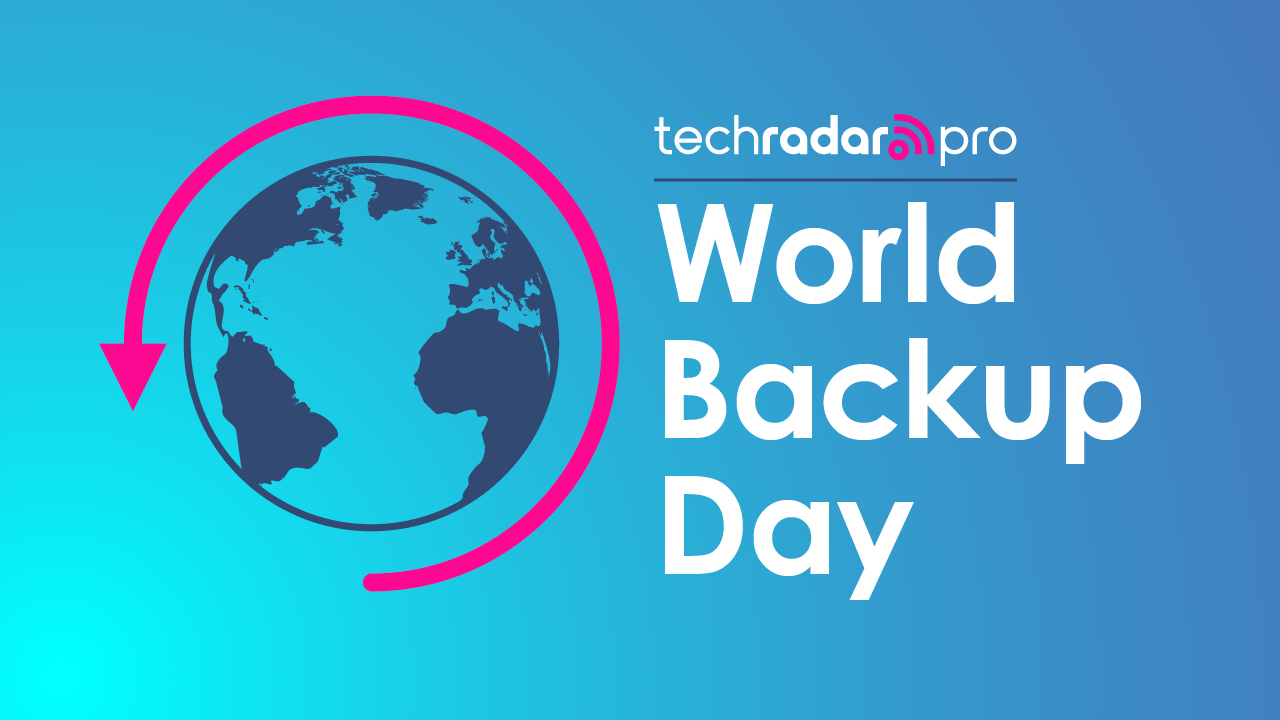
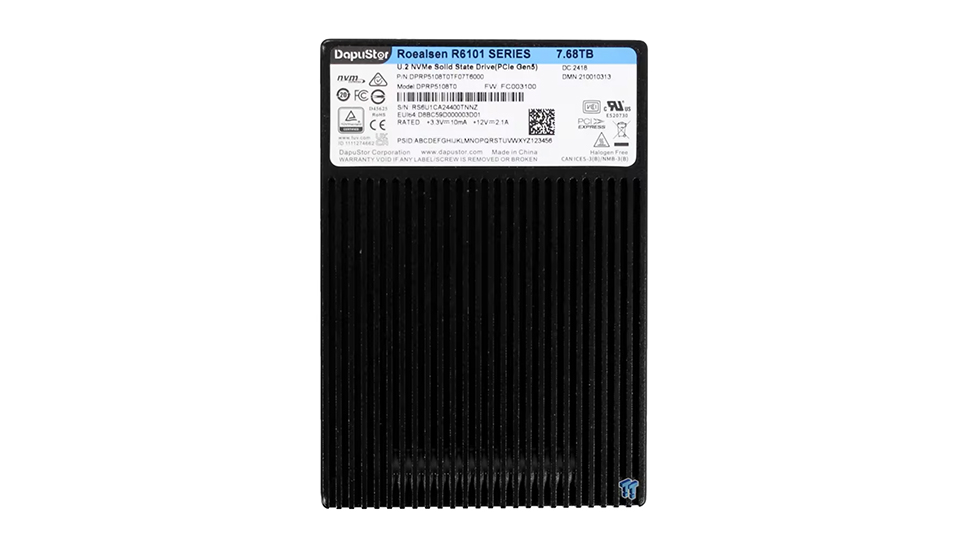












![Lowest Prices Ever: Apple Pencil Pro Just $79.99, USB-C Pencil Only $49.99 [Deal]](https://www.iclarified.com/images/news/96863/96863/96863-640.jpg)
![Apple Releases iOS 18.4 RC 2 and iPadOS 18.4 RC 2 to Developers [Download]](https://www.iclarified.com/images/news/96860/96860/96860-640.jpg)















![What Google Messages features are rolling out [March 2025]](https://i0.wp.com/9to5google.com/wp-content/uploads/sites/4/2023/12/google-messages-name-cover.png?resize=1200%2C628&quality=82&strip=all&ssl=1)






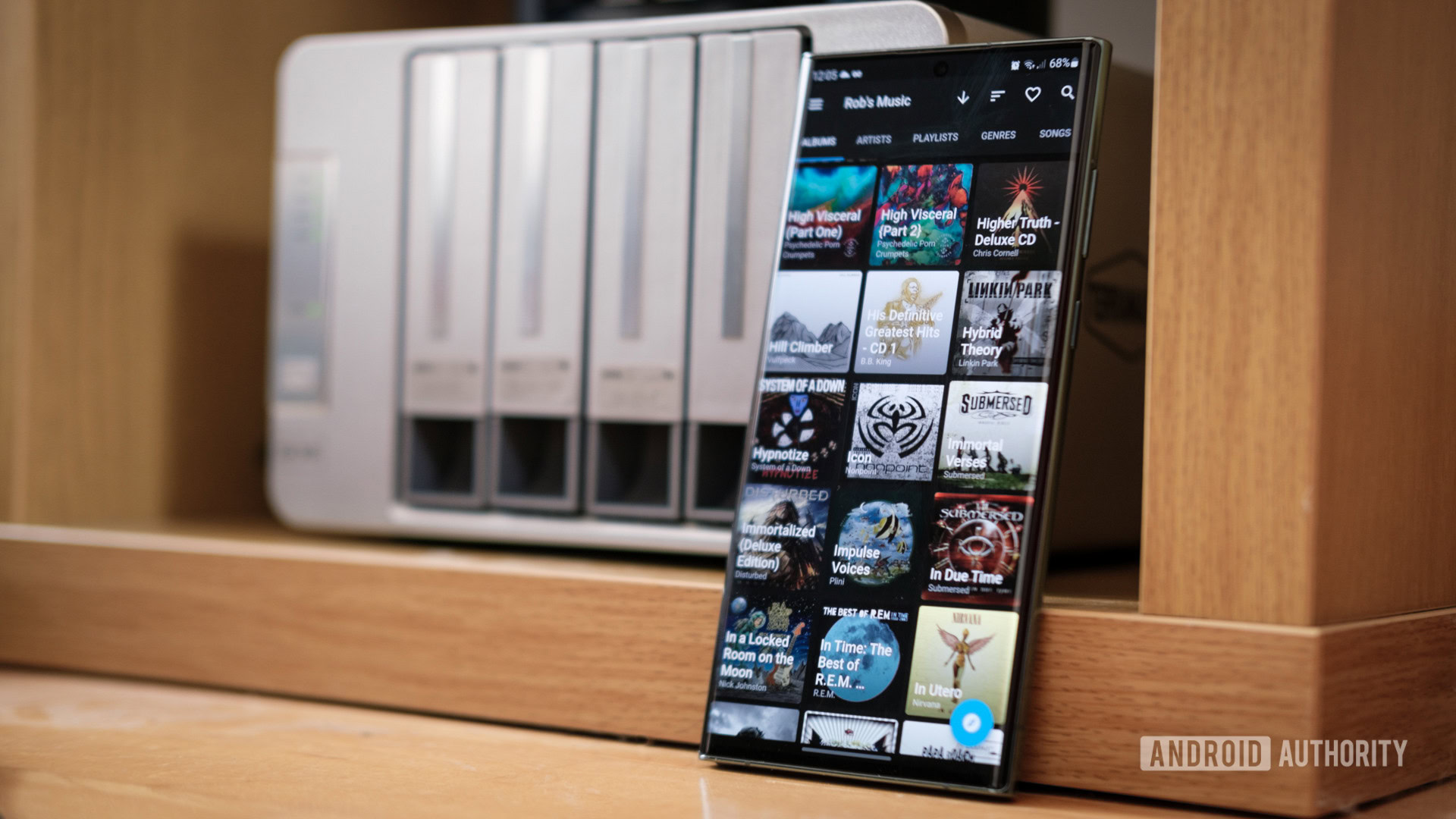
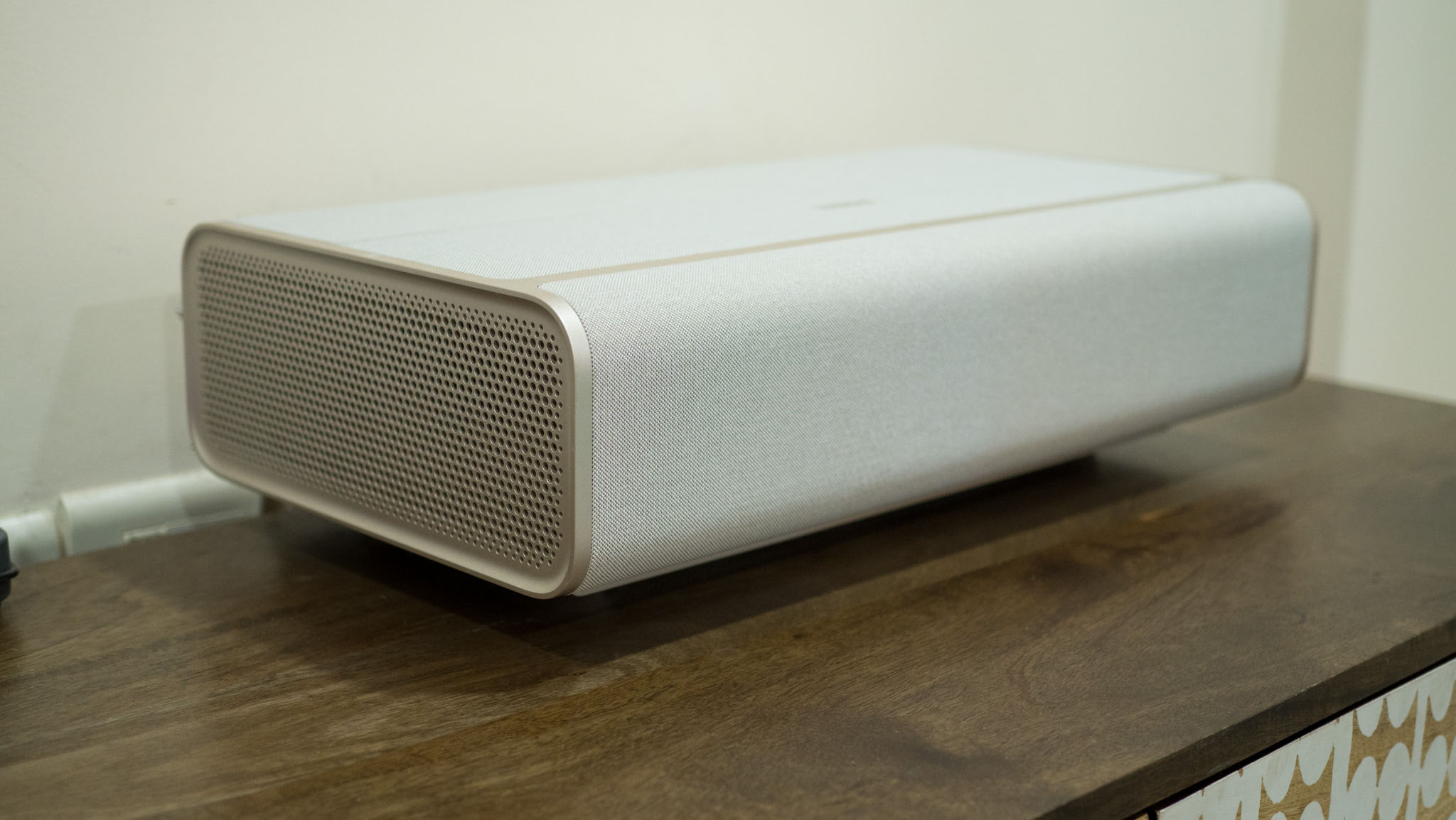
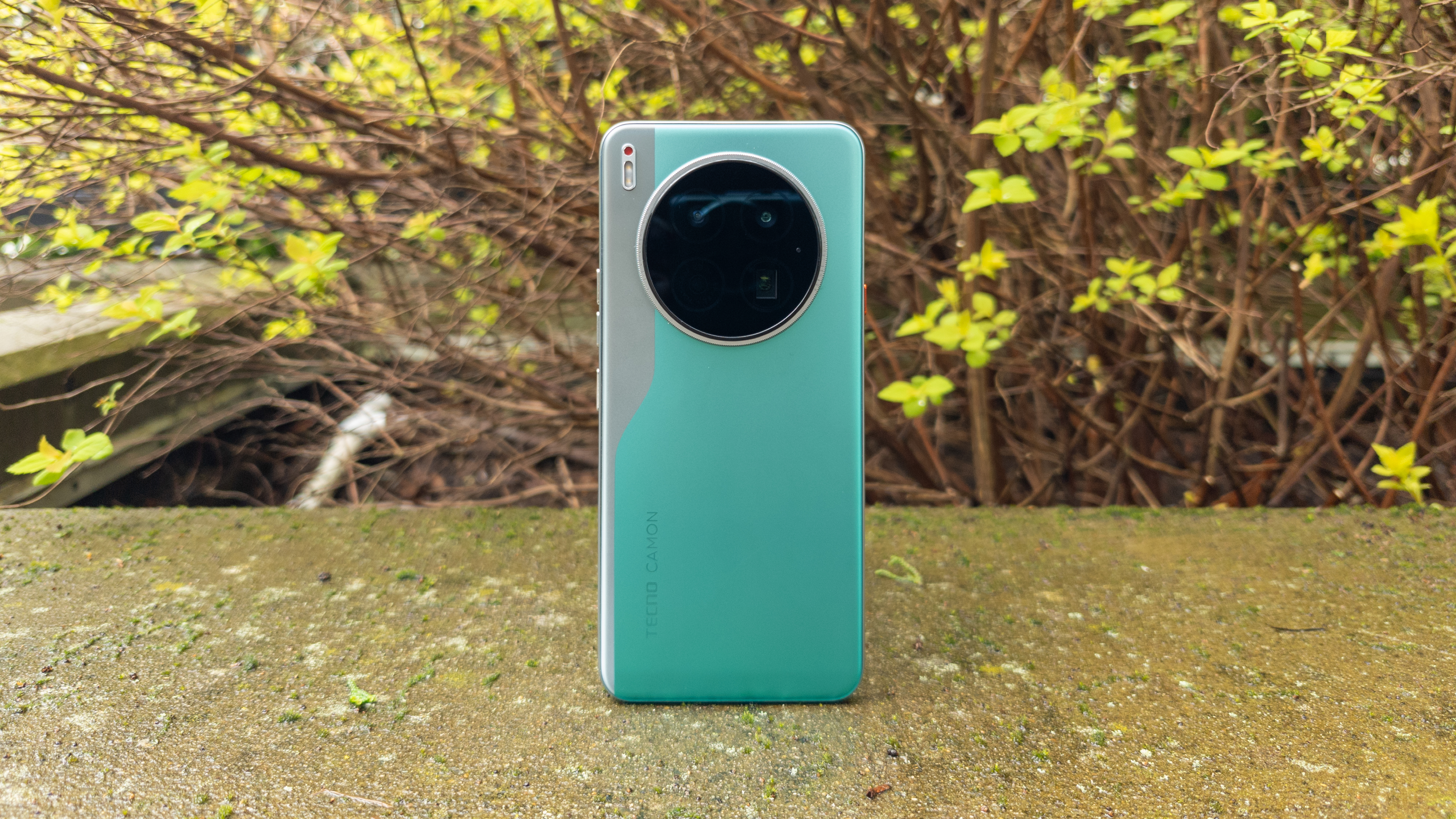

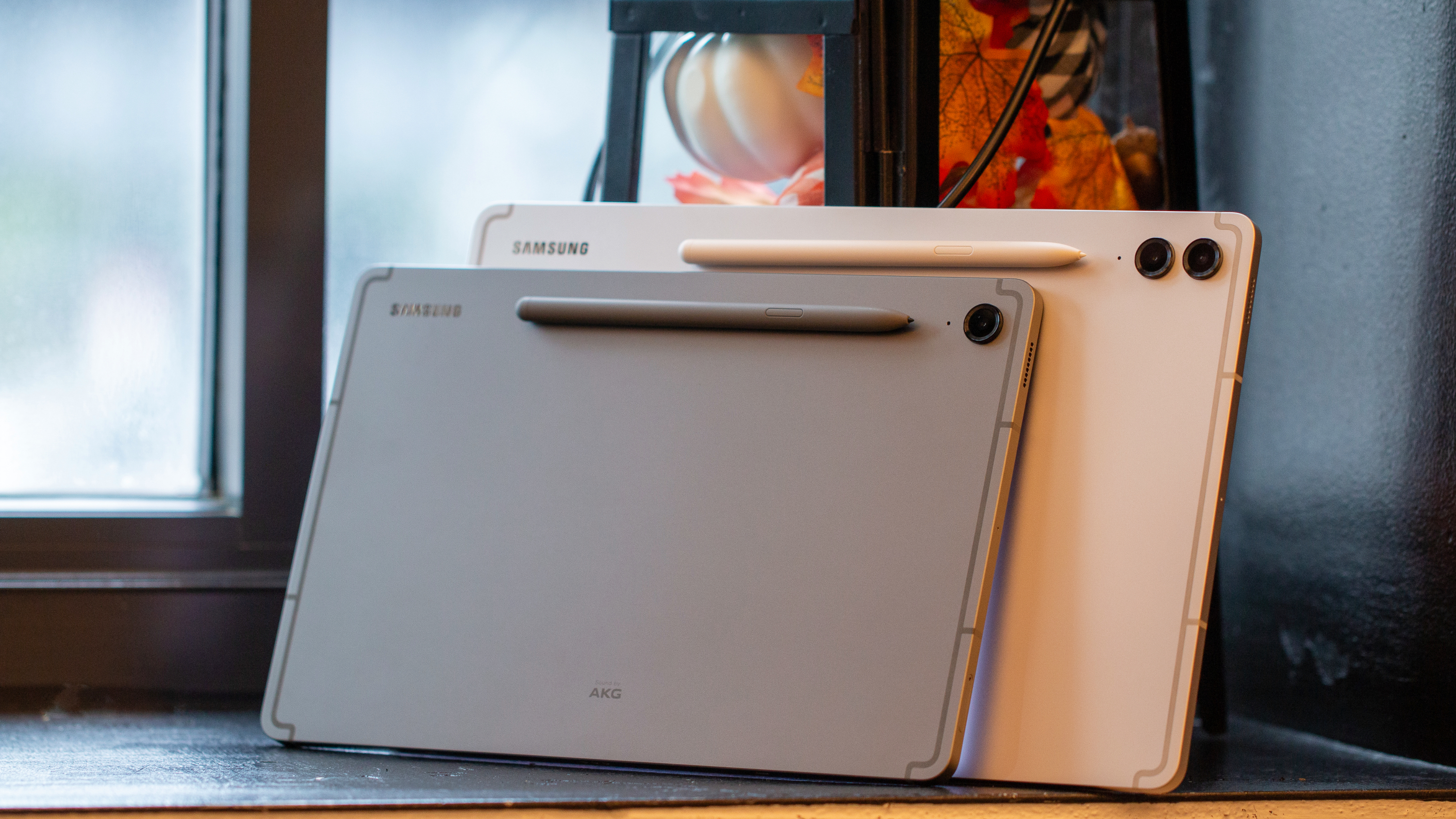
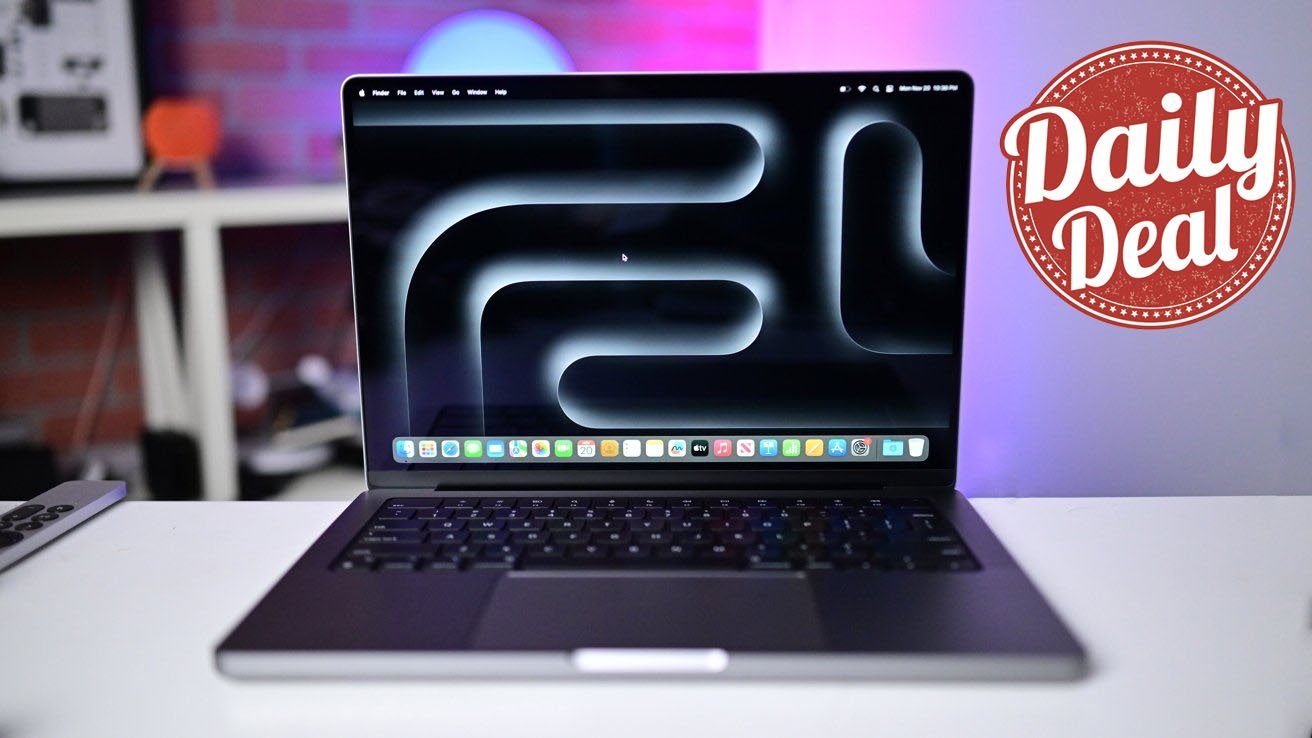



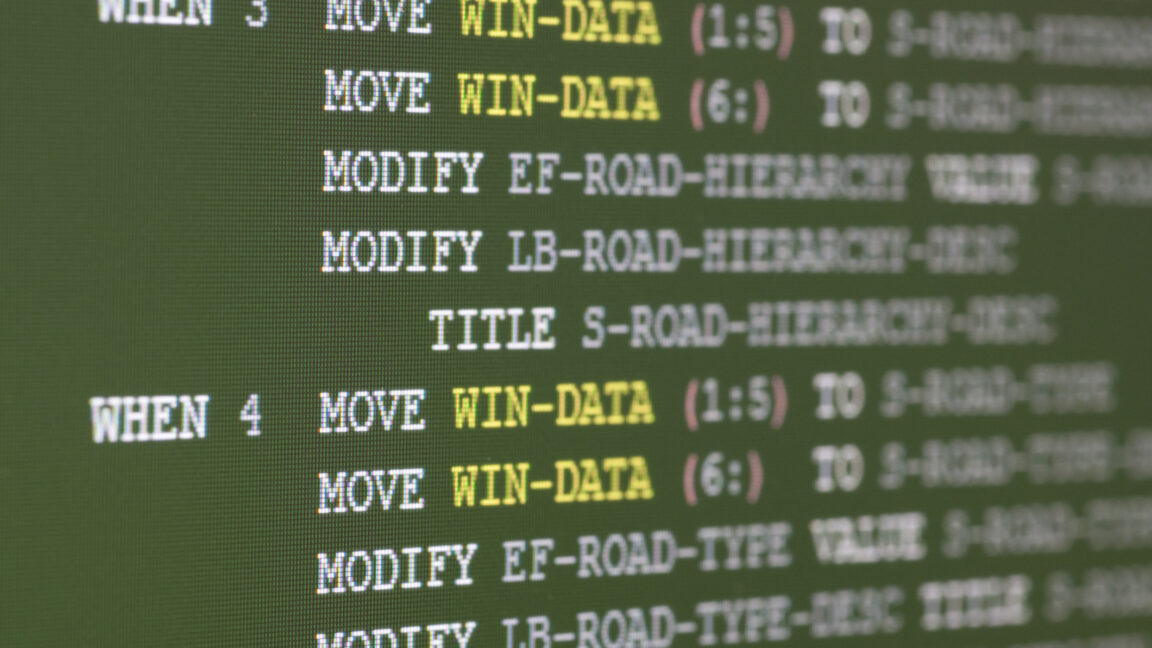

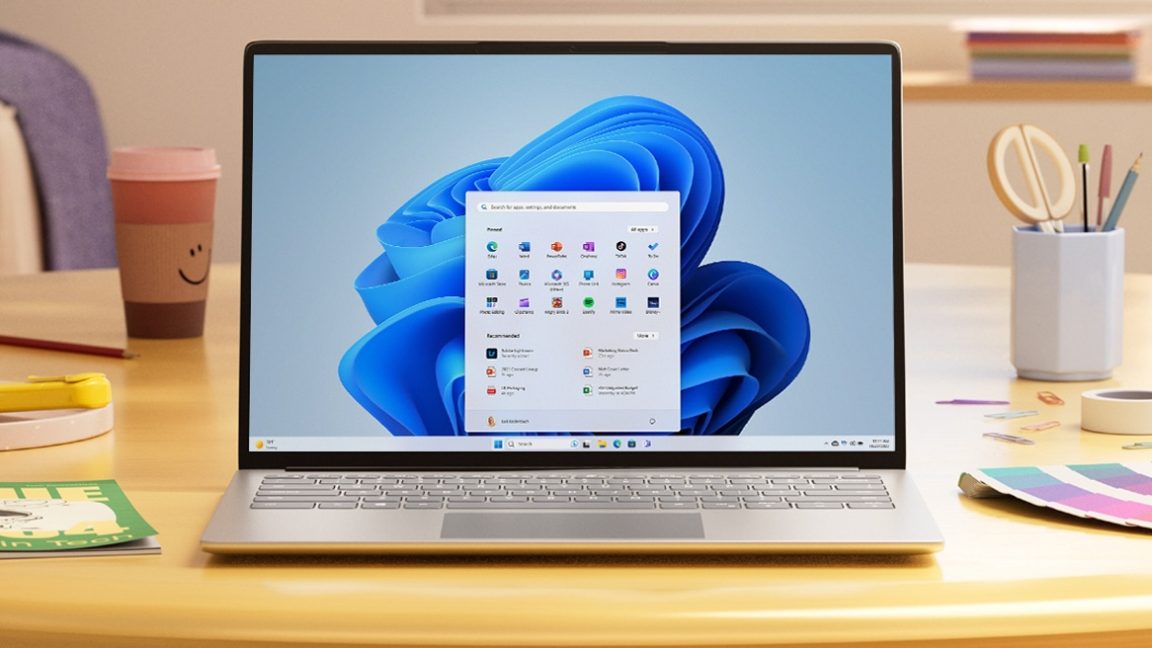
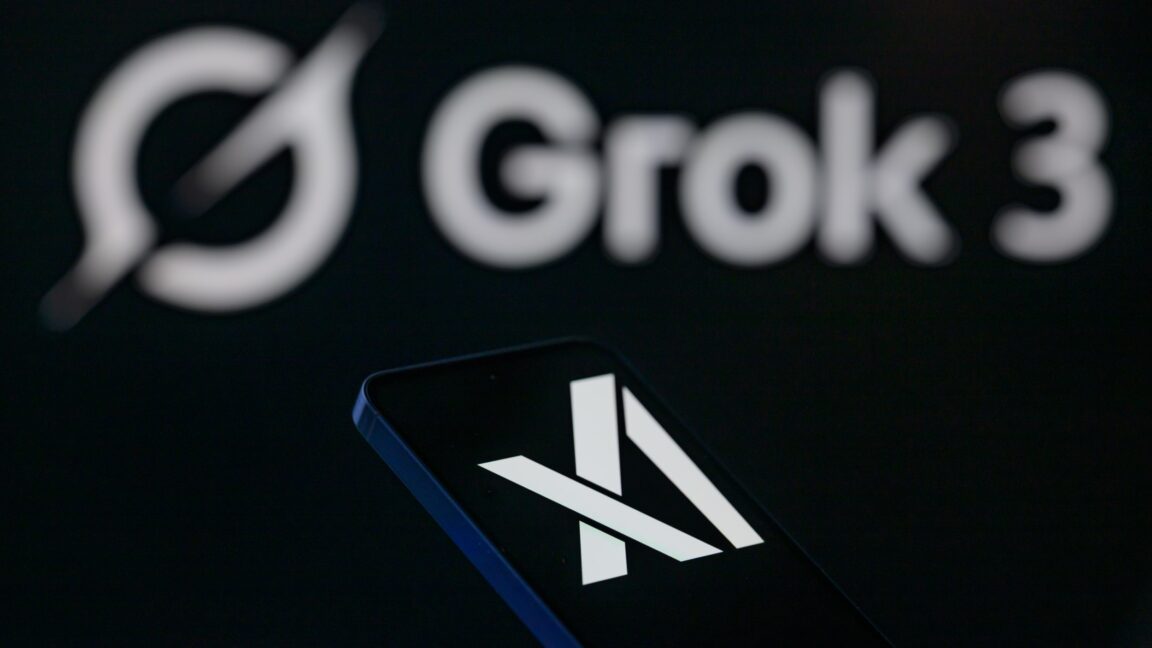





















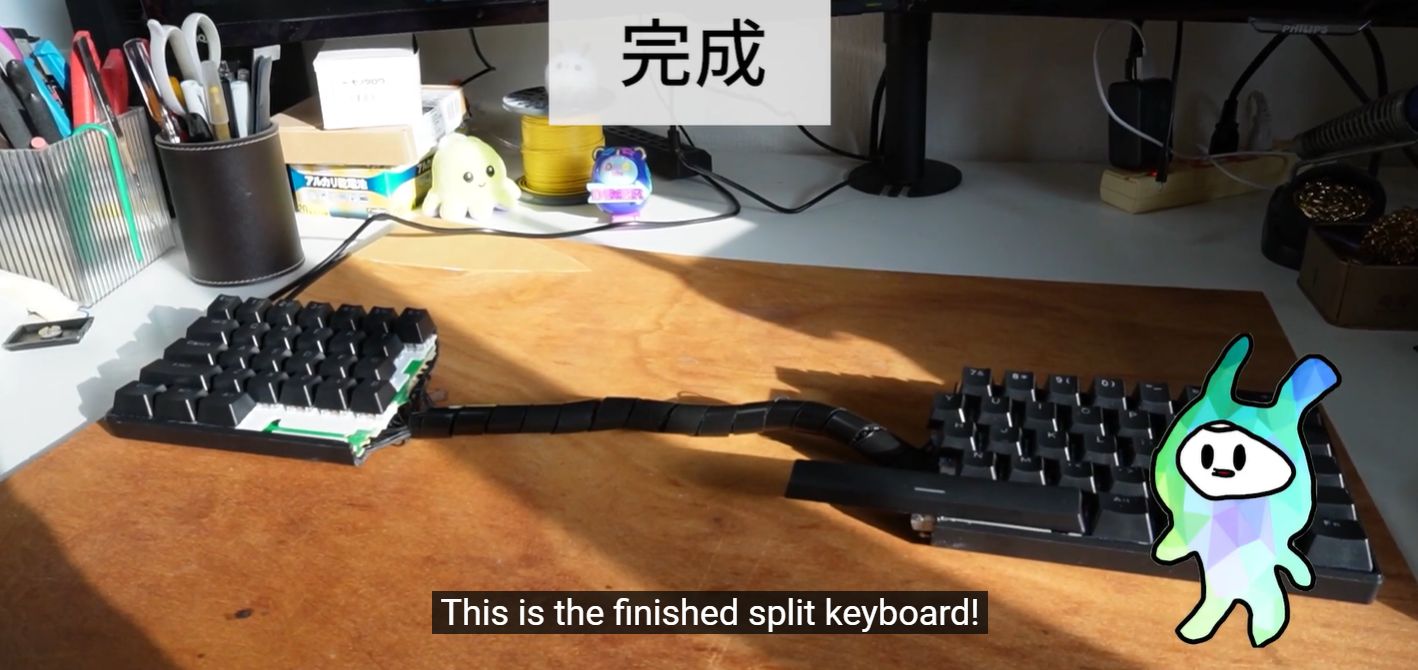

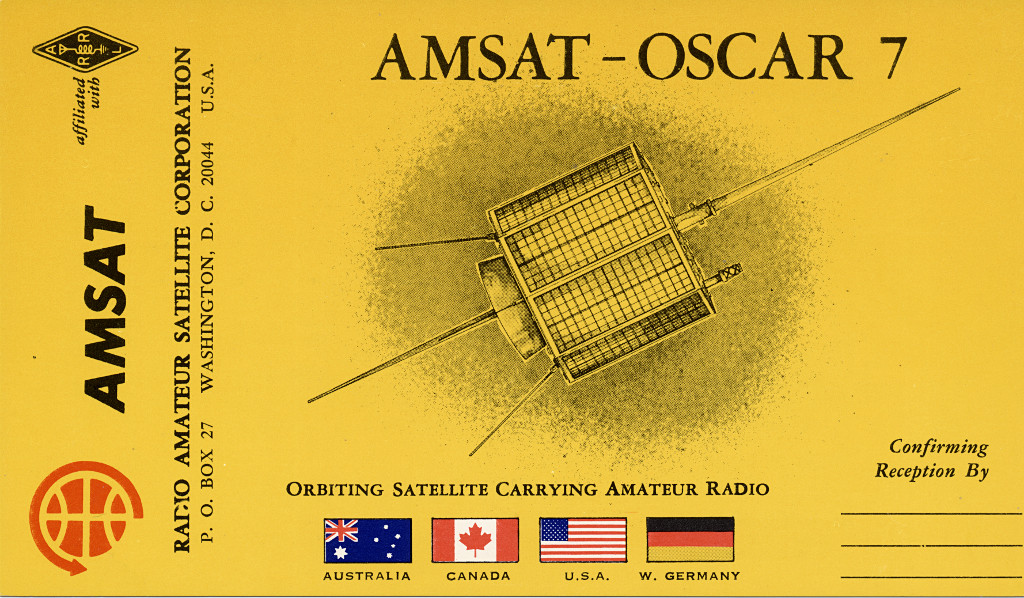
















































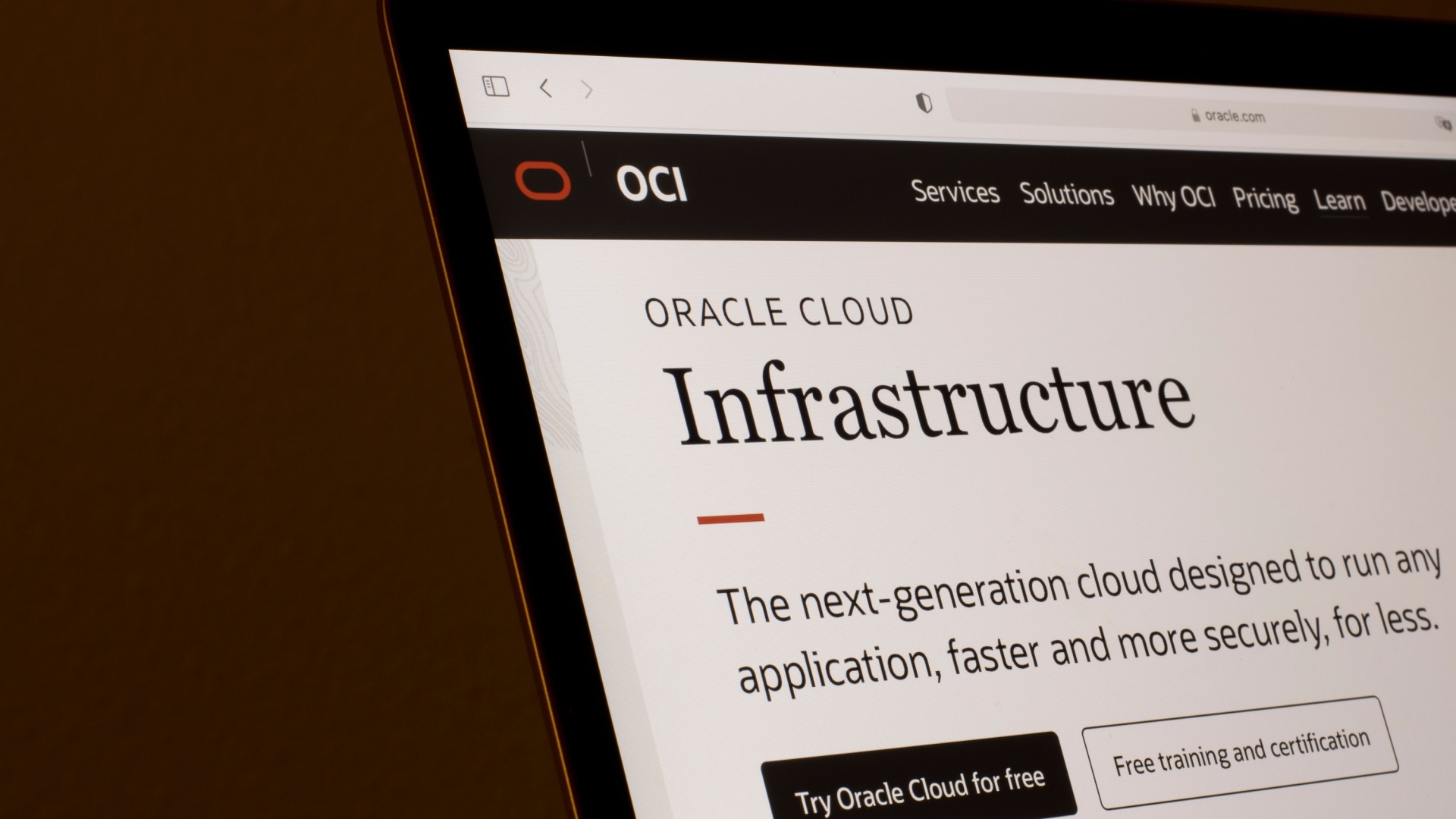


































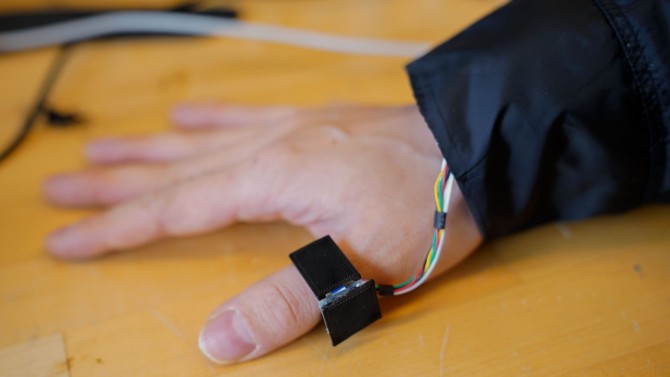




































![[The AI Show Episode 141]: Road to AGI (and Beyond) #1 — The AI Timeline is Accelerating](https://www.marketingaiinstitute.com/hubfs/ep%20141.1.png)
![[The AI Show Episode 140]: New AGI Warnings, OpenAI Suggests Government Policy, Sam Altman Teases Creative Writing Model, Claude Web Search & Apple’s AI Woes](https://www.marketingaiinstitute.com/hubfs/ep%20140%20cover.png)
![[The AI Show Episode 139]: The Government Knows AGI Is Coming, Superintelligence Strategy, OpenAI’s $20,000 Per Month Agents & Top 100 Gen AI Apps](https://www.marketingaiinstitute.com/hubfs/ep%20139%20cover-2.png)

























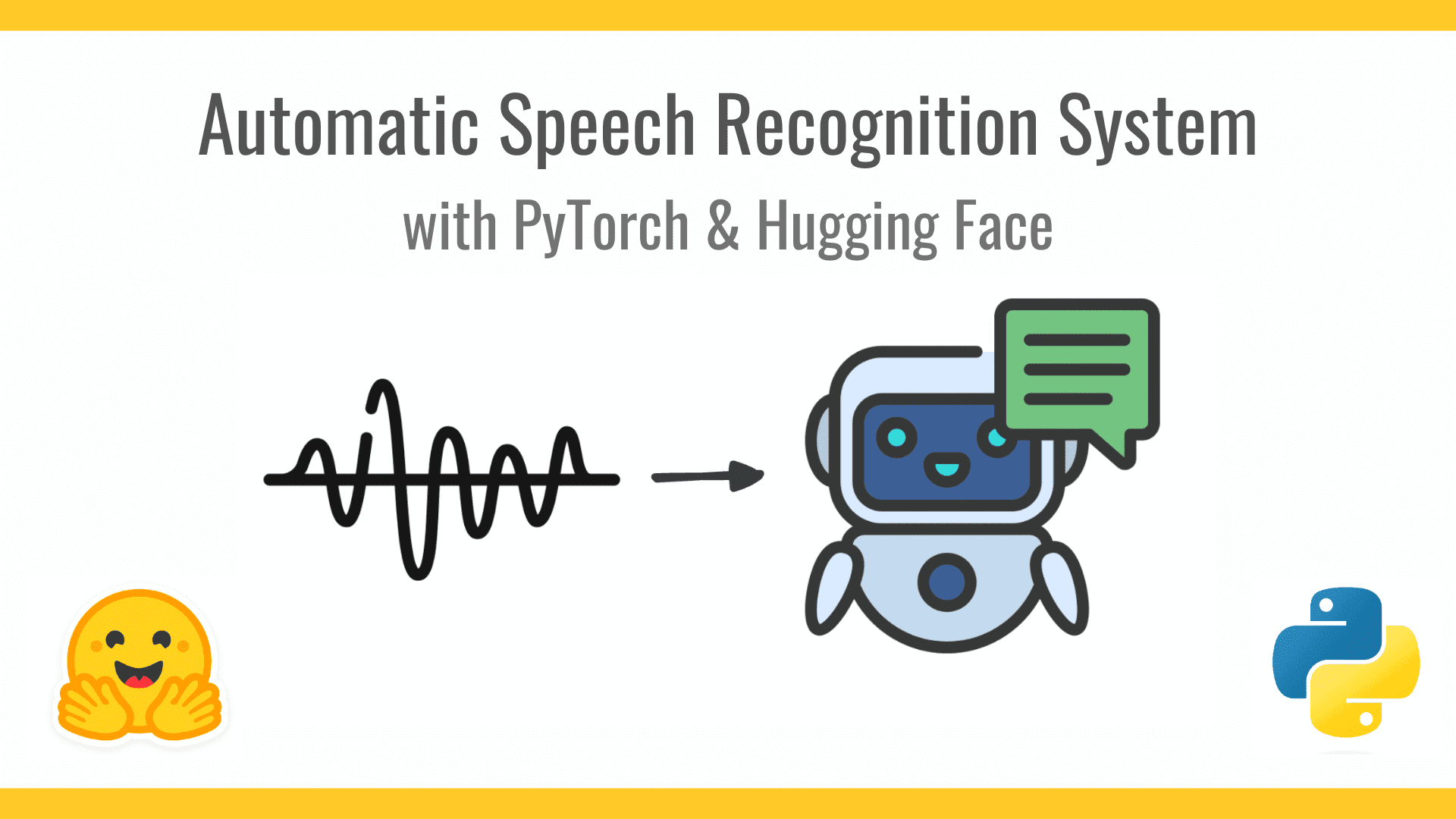





























































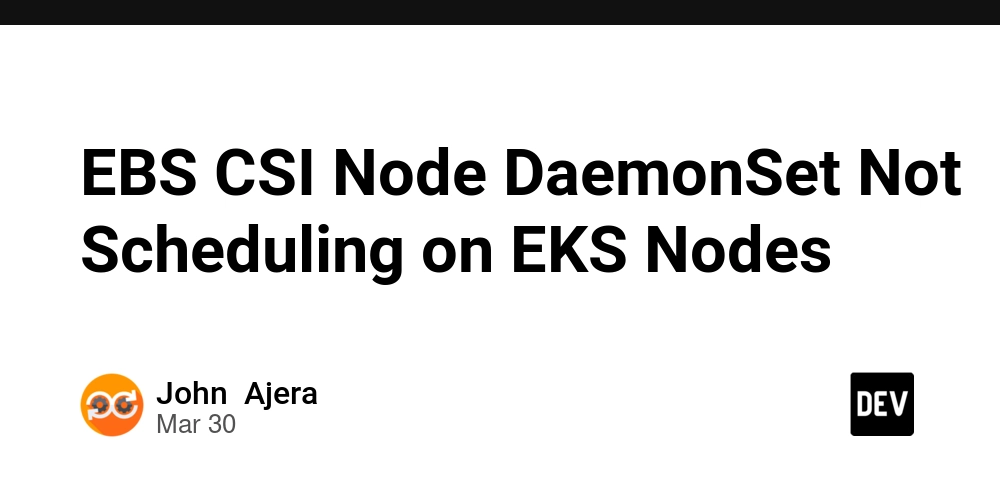



























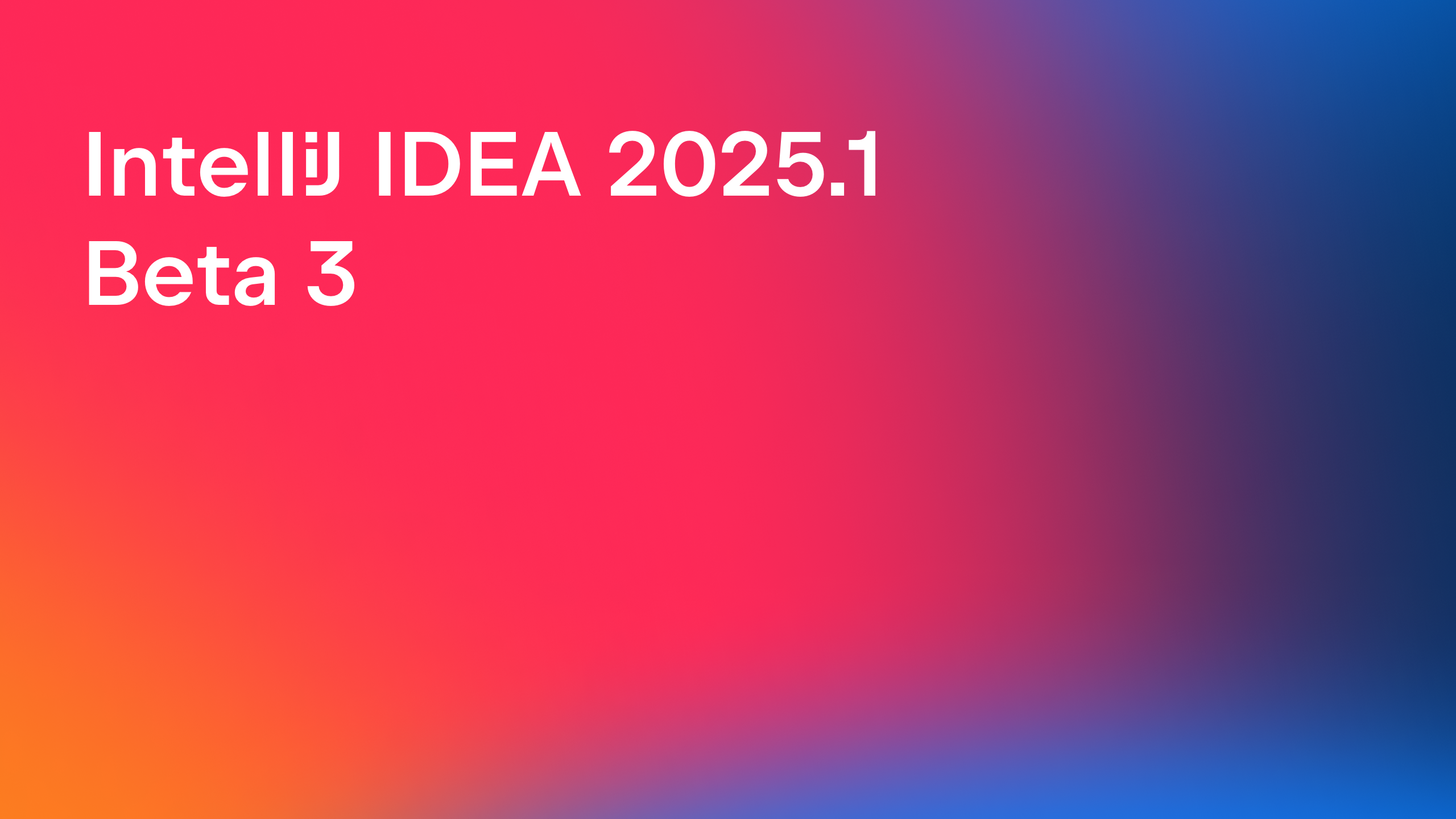








![From broke musician to working dev. How college drop-out Ryan Furrer taught himself to code [Podcast #166]](https://cdn.hashnode.com/res/hashnode/image/upload/v1743189826063/2080cde4-6fc0-46fb-b98d-b3d59841e8c4.png?#)


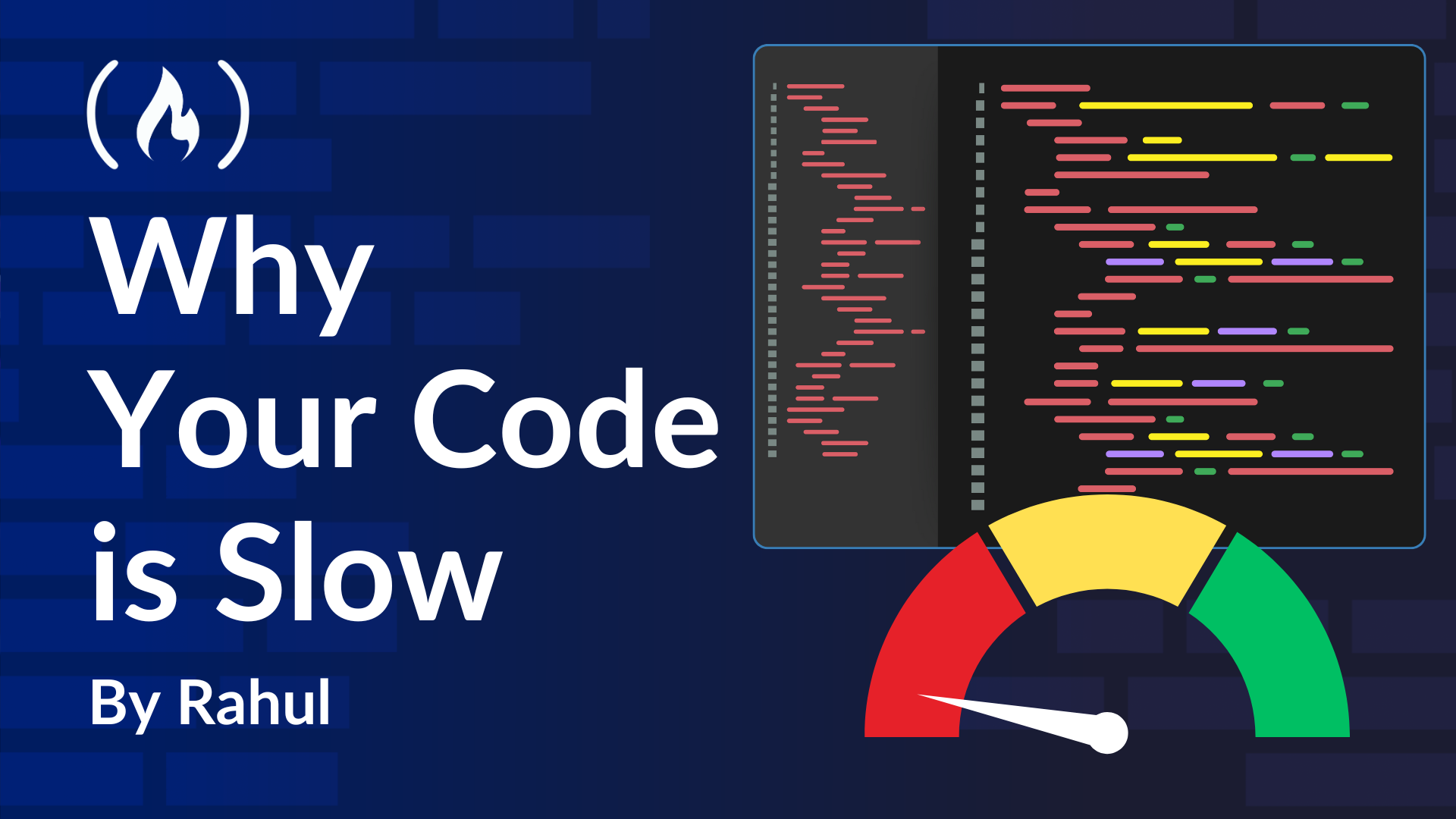
![[FREE EBOOKS] The Ultimate Linux Shell Scripting Guide, Artificial Intelligence for Cybersecurity & Four More Best Selling Titles](https://www.javacodegeeks.com/wp-content/uploads/2012/12/jcg-logo.jpg)




























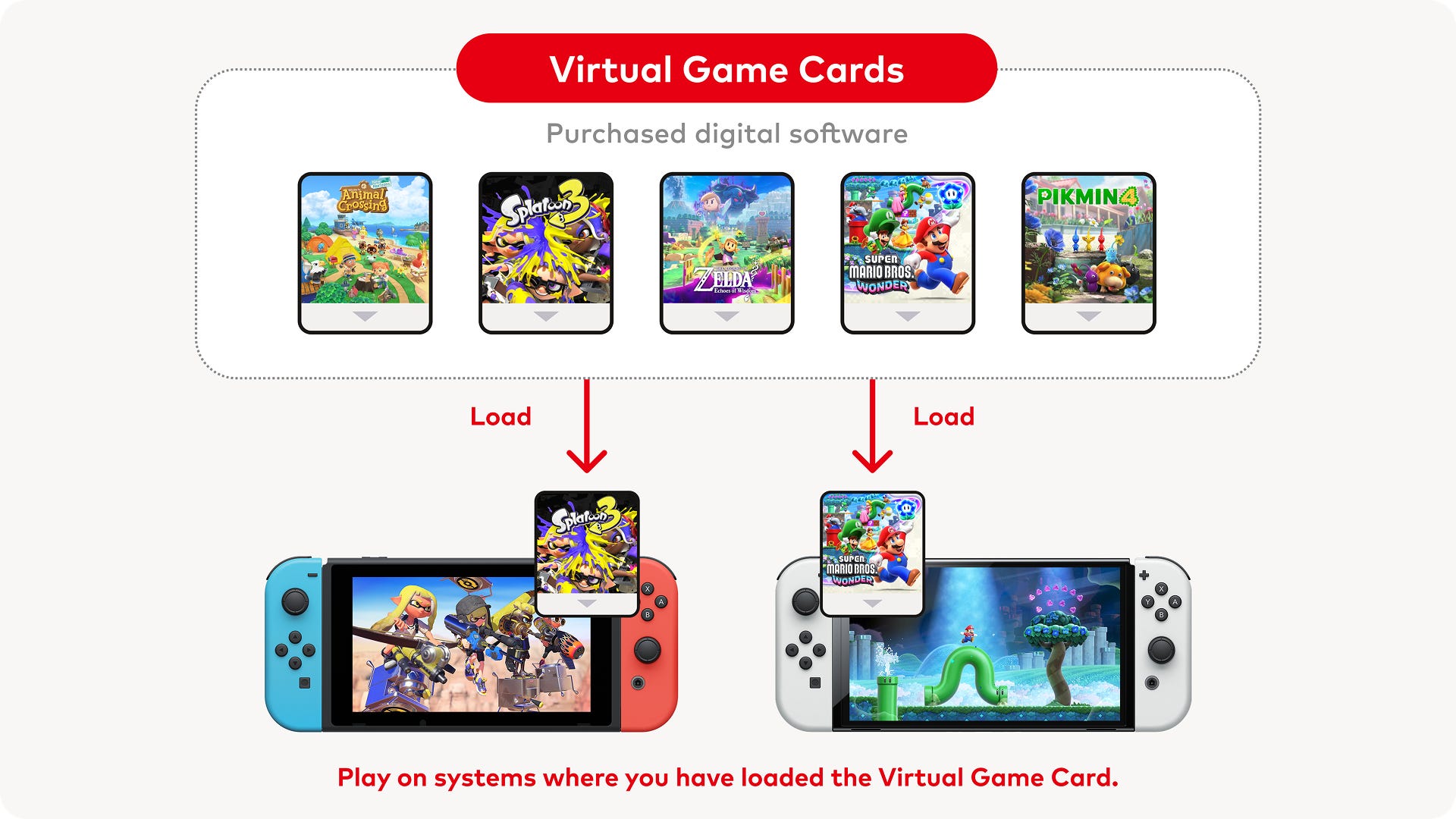






.png?#)




















![Mini Review: Rendering Ranger: R2 [Rewind] (Switch) - A Novel Run 'N' Gun/Shooter Hybrid That's Finally Affordable](https://images.nintendolife.com/0e9d68643dde0/large.jpg?#)






























